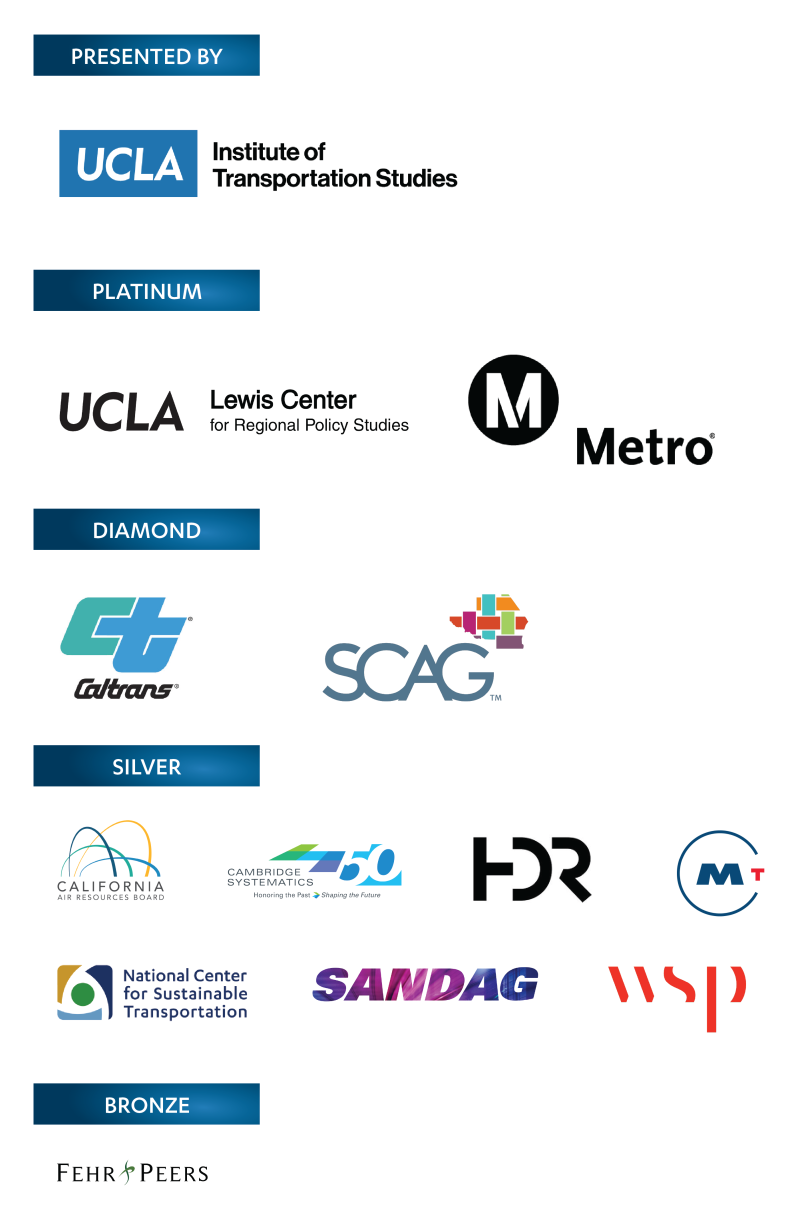California has a housing crisis
High land costs, a shortage of homes, and income inequality leads to a cost-burdened population: Nationally, 49% of households that earn under $50,000 per year pay more than 30% of their income on housing, but in California it’s over 65%, and in the Los Angeles metro area it’s nearly 70%. Californians cope with this housing burden by crowding into cramped housing units, exiling to exurban or out-of-state markets with lower costs but increased climate impacts, and surfing between less secure housing opportunities with friends or relatives. Those with the least support end up without housing altogether, either in vehicles, in shelters, or on the street.
California’s Housing Crisis is a Transportation Issue
California’s housing crisis is particularly acute in coastal job centers and near public transportation infrastructure. Recently UCLA ITS assembled an expert panel of transportation leaders from throughout California to discuss the state’s transportation problems and policy options. Even with shifting investments to build a robust and reliable multimodal network, using pricing to manage automobiles, and making the system a safer place for all users, panelists saw increasing inequality, economic strain, and automobile dependence if these were pursued without making progress on the state’s housing crisis.
Charting a different path: How to fix the housing crisis
Housing policy is complex, but the solutions to the housing crisis needn’t be. Substantial progress can be made by addressing the need for:
Each of these solutions is easier said than done. The 2022 Arrowhead Symposium focused on how to make these solutions happen in California. Each requires an understanding of the problems, a political constituency and advocacy, and institutions and professionals that can deliver new programs and expand old ones.
Speakers
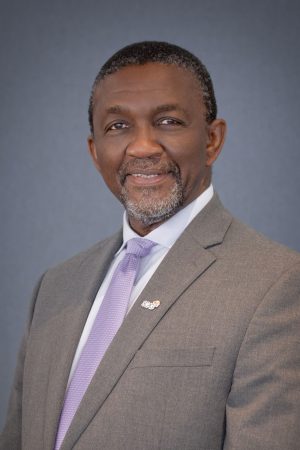
Kome Ajise
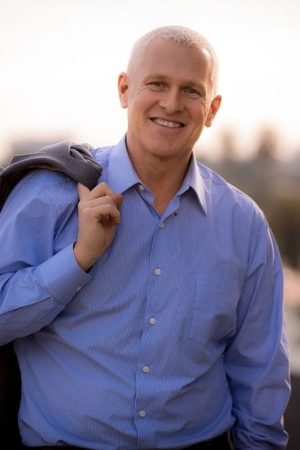
Mike Bonin
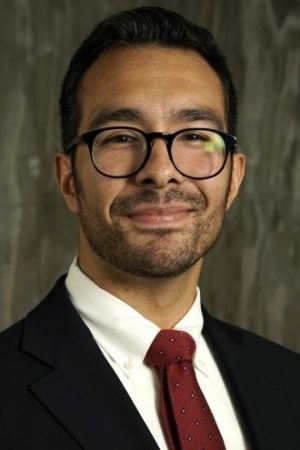
Adam Briones
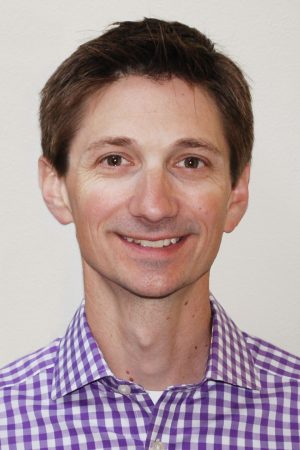
Gregg Colburn

Jerusalem Demsas

Chris Elmendorf
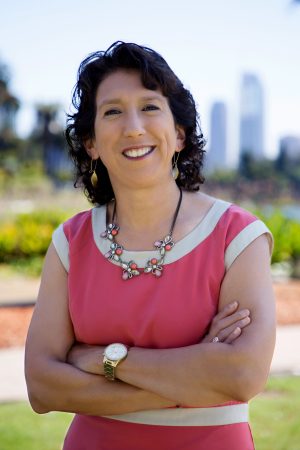
Cecilia Estolano
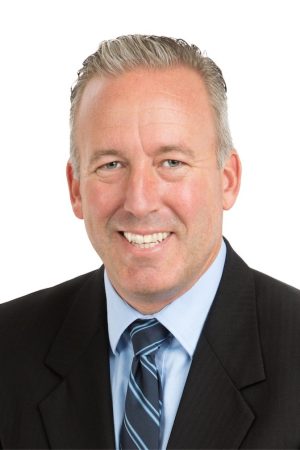
Alex Fisch

Richard France

Annie Fryman
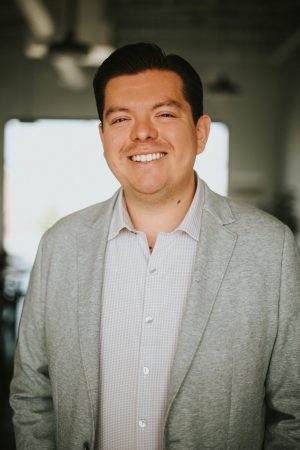
Jacob Gonzalez

Meea Kang

Megan Kirkeby

Jed Leano

Michael Lens

Joan Ling

Laura Loe

José Loya

Michael Manville

Rochelle Mills

Paavo Monkkonen

Deyanira Nevárez Martínez

Tommy Newman

Ada Peng

Thai Viet Phan

Nithya Raman

Mott Smith
Sessions
Housing 101: Where are we? How did we get here?
The symposium begins with a general overview of the conditions of the California housing market, the myriad challenges faced by residents, and historical actions (and inactions) that led us to the current precipice. After this session, all Arrowhead participants will have a baseline understanding of housing in California, regardless of their prior education and experience.
- Jerusalem Demsas, The Atlantic
- Michael Lens (moderator), UCLA
Forecasting the Future: Where are we headed?
Despite progress on state and local policymaking in recent years, California still faces a multitude of persistent urban planning challenges, and an affordable, racially and socially equitable future seems far off. Authors of two recent studies for California 100 by the UCLA Lewis Center and the Institute of Transportation Studies and respondents discuss the linked trajectories of housing and transportation futures in the state, including both optimistic and pessimistic scenarios.
- Mike Bonin, City of Los Angeles (unable to attend)
- Richard France, Estolano Advisors
- Annie Fryman, Abodu
- Jed Leano, City of Claremont
- Adam Millard-Ball (moderator), UCLA Institute of Transportation Studies
Markets and Market Failures: Choosing the Right Tool for the Job
Which problems is “the market” best-suited to address? In which cases are “non-market” interventions required, such as subsidies or regulation? Can market and non-market strategies work together or are they dichotomous? Speakers share their perspectives on finding the right balance, and policy and political changes needed to achieve it.
- Michael Manville, UCLA
- Rochelle Mills, Innovative Housing Opportunities (unable to attend)
- Thai Viet Phan, City of Santa Ana
- Tricia Keane (moderator), City of Los Angeles Housing Department
Why We Have Homelessness and What To Do About It
Homelessness results from the intersection of multiple economic and social risk factors. Nowhere are those risk factors more acute than in California. Speakers review the conditions that put people at higher risk of homelessness, and conditions that complicate the return to stable housing. Speakers will address policies that can prevent homelessness and the services and programs needed to humanely assist those experiencing homelessness.
- Gregg Colburn, University of Washington
- Deyanira Nevárez Martínez, Michigan State University
- Nithya Raman, City of Los Angeles (unable to attend)
- Molly Rysman, Los Angeles Homeless Services Authority
State-Led Planning, and Its Discontents
California’s Legislature has taken an increasingly active role in housing policy, recently passing laws to streamline ADU permitting, cap annual rent increases, and increase local housing production targets, among others. The State’s initiative has led some local officials and community groups to push back. Speakers discuss the goals and limitations of this new planning framework, and consider whether a more harmonious state-local partnership to address housing widespread challenges may be possible.
- Kome Ajise, Southern California Association of Governments
- Chris Elmendorf, UC Davis School of Law
- Megan Kirkeby, California Department of Housing and Community Development
- Paavo Monkkonen (moderator), UCLA
Housing For Whom? And Where? And How?
The idea that production of homes must significantly increase to meet current and future needs is uncontroversial among most academics, policymakers, and advocates. But how should we do it? This session focuses on the many policy and programmatic decisions local governments — and perhaps the state — must make to advance fair housing goals, build homes at affordable prices, and mitigate displacement while enhancing sustainability and equity.
- Jacob Gonzalez, City of Pasco
- Meea Kang, Related California Affairs
- Paavo Monkkonen, UCLA
- Annie Fryman (moderator), Abodu
Homeownership In the Era of the Million Dollar Median
The median home price in the City of Los Angeles reached $1 million in 2022. Is there a future for homeownership in a region where home prices are more than 10 times the typical household income? How do persistent racial and ethnic discrimination in mortgages, appraisals, and other aspects of the housing market impact equitable homeownership? Speakers discuss the barriers to homeownership and its possible futures, including non-traditional alternatives.
- Adam Briones, California Community Builders
- José Loya, UCLA
- Ada Peng, HR&A
- Michael Manville (moderator), UCLA
Every movement needs advocates, and successful advocacy groups need to organize. In recent years, new housing advocacy groups have formed and older groups have changed direction to focus on housing issues: production, tenants’ rights, subsidies, and more. Speakers discuss their experiences organizing for housing reform and running for office on a pro-reform message. What more can be done to advance housing justice?
- Alex Fisch, City of Culver City
- Laura Loe, Share the Cities
- Tommy Newman, United Way of Greater L.A.
- Jody Litvak (moderator), Metro Los Angeles
Reflections
A panel of participants and the audience reflect on what they learned at this year’s Arrowhead Symposium
- Jerusalem Demsas, The Atlantic
- Cecilia Estolano, Estolano Advisors
- Meghan Sahli-Wells, Sierra Club, Former Mayor of Culver City, California
| Time | Description | Location |
|---|---|---|
| 12–1:30 PM | Lunch | Dining Room |
| 1:30–2 PM | Welcome and Overview | Pineview |
| 2–3:15 PM | There’s Got to Be a Better Way The transportation system is failing our health and is the source of many social and environmental problems. Many people are dissatisfied with the performance of the existing system, but are even more dissatisfied with options for change. What are the issues and what can be done about them?
|
Pineview |
| 3:15–3:45 PM | Break | |
| 3:45–5 PM | Envisioning a Just and Sustainable Transportation Future What can we learn from inclusive efforts to envision and plan for California’s future?
|
Pineview |
| 5:30–6:30 PM | Social Hour | Lakeview |
| 6:30–8 PM | Dinner | Dining Room |
| 8:15–9:30 PM | Visions for Transforming Transportation I Sunday and Monday night session speakers give 8-10 minute presentations on their vision for transforming transportation and then participate in a panel to discuss their approaches and answer questions from the audience.
|
Pineview |
| Time | Description | Location |
|---|---|---|
| 7:45–8:30 AM | Breakfast | Dining Room |
| 8:30–10 AM | Change from Within: Making Institutions Work How can transportation organizations learn to manage trade-offs in resources and processes in order to develop capacity for scaling transformative transportation changes?
|
Pineview |
| 10–10:30 AM | Break | |
| 10:30–12 PM | The New P3: Innovations in Partnerships, Procurement, and Pilots New models like SCAG’s Regional Pilot Initiative match process improvements in procurements and partnerships with pilot projects to explore new technologies, designs, or approaches to transportation services and infrastructure. What can we learn from them?
|
Pineview |
| 12–1:30 PM | Lunch | Dining Room |
| 1:30–2:30 PM | It Doesn’t Spark Joy: Tidying Permit and Process Clutter that Drives Capital Costs How can government and society unravel decades of sprawling processes to introduce speed and agility without weakening social and environmental protections?
|
|
| 2:30–3 PM | Roundup of Lessons Learned | Pineview |
| 3–5:30 PM | Break | |
| 5:30–6:30 PM | Social Hour | Iris |
| 6:30–8 PM | Dinner | Dining Room |
| 8:15–9:30 PM | Visions for Transforming Transportation II Sunday and Monday night session speakers give 8-10 minute presentations on their vision for transforming transportation and then participate in a panel to discuss their approaches and answer questions from the audience.
|
Pineview |
| Time | Description | Location |
|---|---|---|
| 7:45–8 AM | Breakfast | Dining Room |
| 8:30–10 AM | Building Constituencies for Transforming Transportation How do we grow a constituency for (clean) transportation (and energy and housing and other infrastructure) sufficiently large and powerful and organized to effect the needed policy decisions (projects, permitting reform, etc.)?
|
Pineview |
| 10–10:30 AM | Break | Pineview |
| 10:30–12 PM | Lessons Learned and Next Steps | Pineview |
| 12–1:30 PM | Lunch | Dining Room |
Sponsors
